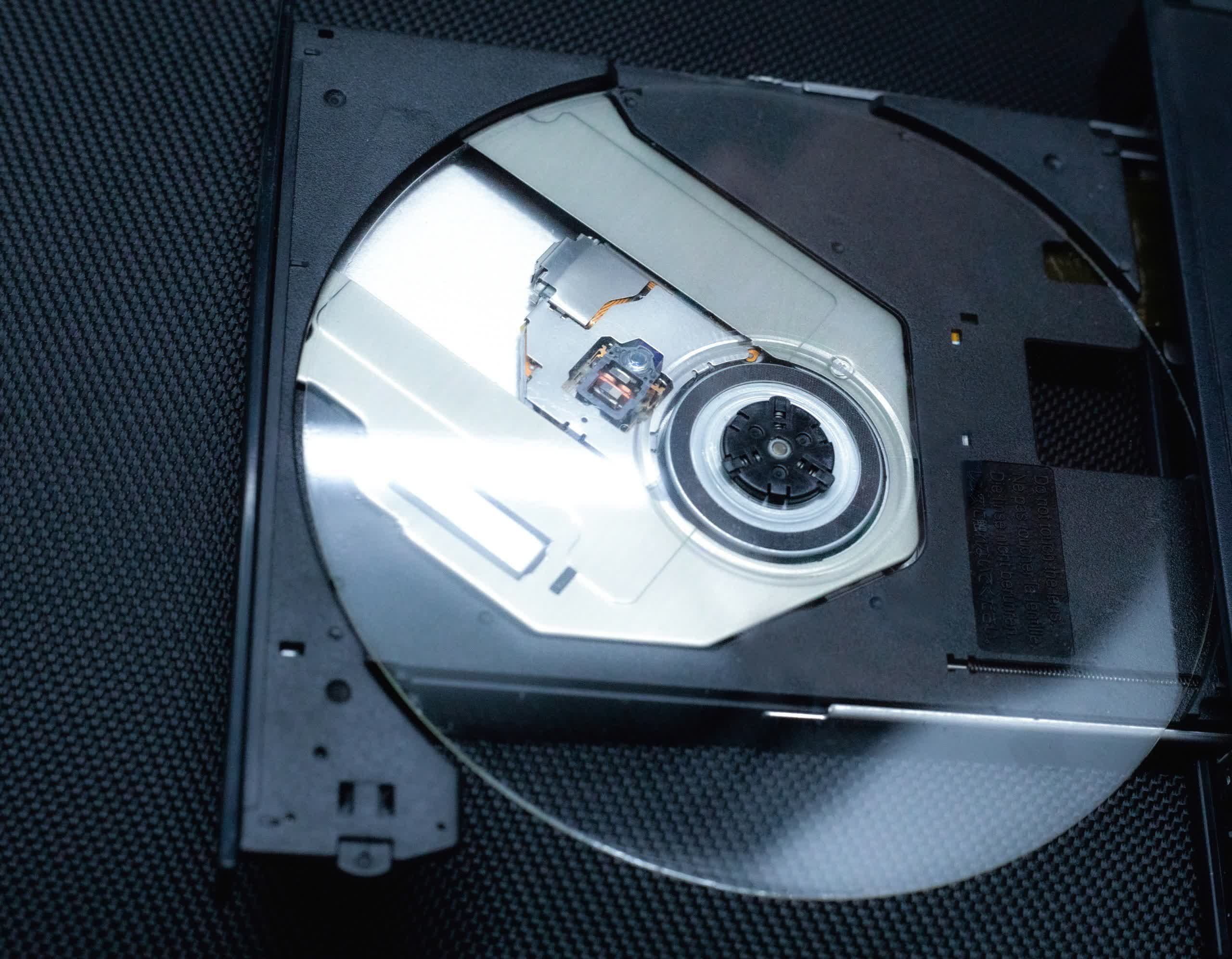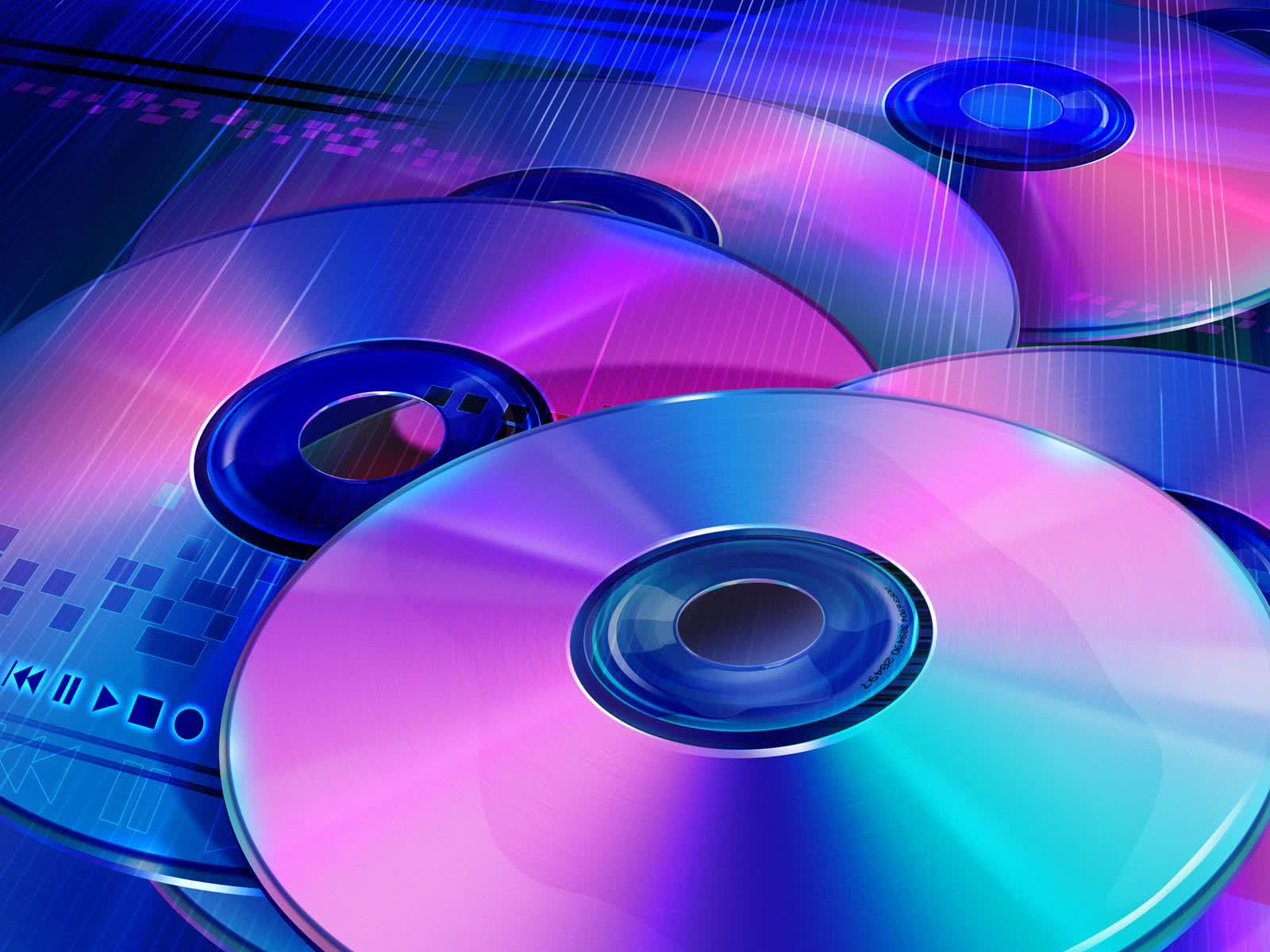Forward-looking: As consumers increasingly turn toward digital distribution and data center operators try various storage methods, optical discs haven't stopped evolving. A recently published paper explains how manufacturers could make DVD-like discs that hold the equivalent of hundreds or thousands of Blu-rays.

Researchers at the University of Shanghai for Science and Technology have developed an optical disc with a capacity of over a petabit of data, equivalent to well over 100 terabytes. Although the technology is primarily proposed for enterprise use, it could potentially become accessible to consumers after overcoming significant obstacles.
The scientists were able to significantly increase the capacity of an optical disc by implementing a 3D planar recording architecture. The technology uses a highly transparent, uniform photoresist film doped with aggregation-induced emission dye and stimulated by femtosecond lasers.
Related reading: Anatomy of a Storage Drive: Optical Drives
This allows hundreds of layers to be packed one micrometer apart on a disc with the same thickness as a DVD or Blu-ray. The most advanced Blu-ray discs support up to four layers, typically carrying around 100 gigabytes of data. By comparison, the researchers claim that their new format can record 100 layers on both sides of the disc for a capacity totaling 1.6 petabits, or around 200 terabytes.

Stacking many petabit discs together could reduce exabit data centers to a fraction of their current typical size. Consolidating servers would also drastically lower heat and energy consumption. Additionally, utilizing extreme-capacity optical discs simplifies data migration and minimizes the need for it. Another potential advantage is longevity – the researchers claim the petabit discs can last 50 to 100 years.
Although the new medium could be made compatible with current optical disc technology, the researchers haven't yet developed a fast, affordable drive for it. If one emerges, the new discs could store data comparable to dozens of hard drives, 2,000 PlayStation 5 game discs, or a similar number of 4K Blu-ray discs.
Thinking beyond media playback, the developers suggest that petabit discs could allow individuals or families to own data centers, storing all of their important information on one drive at home instead of multiple devices and cloud servers.
Other novel methods of mass storage are also under investigation. In 2021, researchers from the University of Southampton proposed a "5D" method of stowing data on glass discs. Using an energy-efficient laser, the technology could pack 500TB onto a DVD-sized disc, but improvements in read and write speed are necessary.
https://www.techspot.com/news/101974-dvd-like-optical-disc-could-store-16-petabits.html
